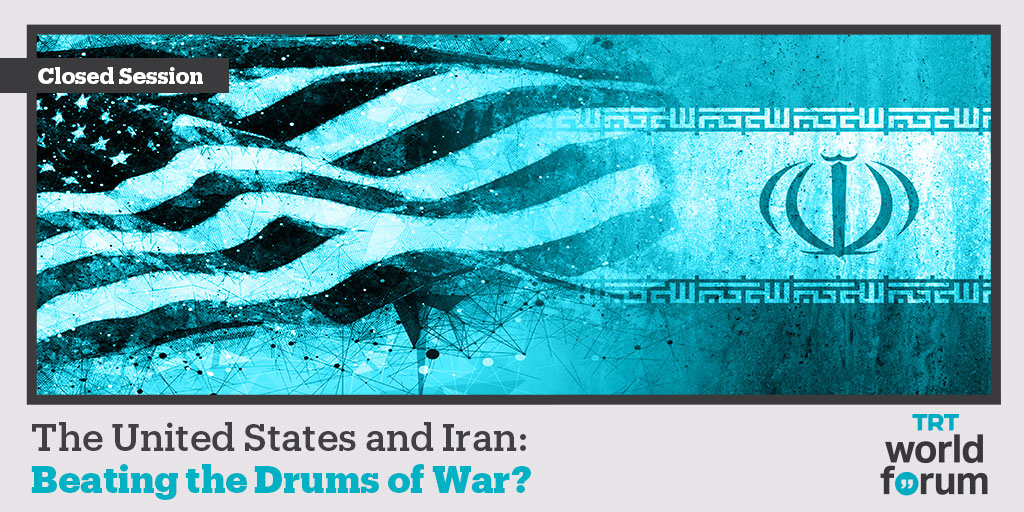On May 8, 2018, Donald Trump announced that the United States would unilaterally withdraw from the Joint Comprehensive Plan of Action (JCPOA) (Martellini and Zucchetti, 2016). Along with accusing Tehran of failing to live up to its part of the deal, the US re-imposed economic sanctions that had been previously lifted as part of the agreement. As a result, Iran’s economic situation continues to deteriorate and the risk of conflict in the region has increased. Attacks against oil tankers in the Persian Gulf, blamed on Iran by the US, the downing of an American surveillance drone over the Strait of Hormuz in June 2019, and Tehran’s decision to restart the uranium enrichment process have only served to increase the likelihood of conflict. On September 14, 2019, the last great steps were taken on the path toward escalation with the attacks on Saudi Aramco, Saudi Arabia’s state-controlled oil company. In an effort to reduce rising tensions, Iran’s trading partners, including Turkey, China, Japan, South Korea and India, are seeking to find a constructive way out of the impasse. Moreover, the EU has sought to establish alternative mechanisms meant to bypass sanctions imposed by the US. All of these efforts, however, have so far neither relieved the economic pressure on Tehran, nor have they reduced tensions in the region. So long as conflicts remain unresolved, the possibility of a confrontation between the US and Iran will continue to have ramifications beyond the Middle East.
During this closed session of the TRT World Forum 2019, three presenters and numerous discussants engaged in a vivid debate on the future course of the relations between the US and Iran. Multinational backgrounds and diverse perspectives of the attendees affected both the character of asked questions and defended arguments about the root causes of the problems which exist among those two countries.
Written by Professor Dr. Mehmet Akif Okur
Professor Dr. Mehmet Akif Okur is a graduate of Boğaziçi University, The Faculty of Economics and Administrative Sciences (FEAS), Political Science and International Relations. Since the start of from his postgraduate and PhD studies, he worked at Gazi University, FEAS, Department of International Relations until 2017. He was the Director of GORAM (Gazi University Central Asia and Middle East Studies Center) at the same university. He is currently working as the Head of the Department of Political Science and International Relations at FEAS, Yıldız Technical University, and Director of SOSYOPARK. His main academic interests include international political economy, US foreign policy and Turkey, and the geopolitics of the Middle East, the Caucasus and Turkestan. Professor Okur also conducts studies on civilizations and historical Turkish identity. Okur has many published academic works, including what his writings on Iran’s policies during the nuclear negotiation process.
